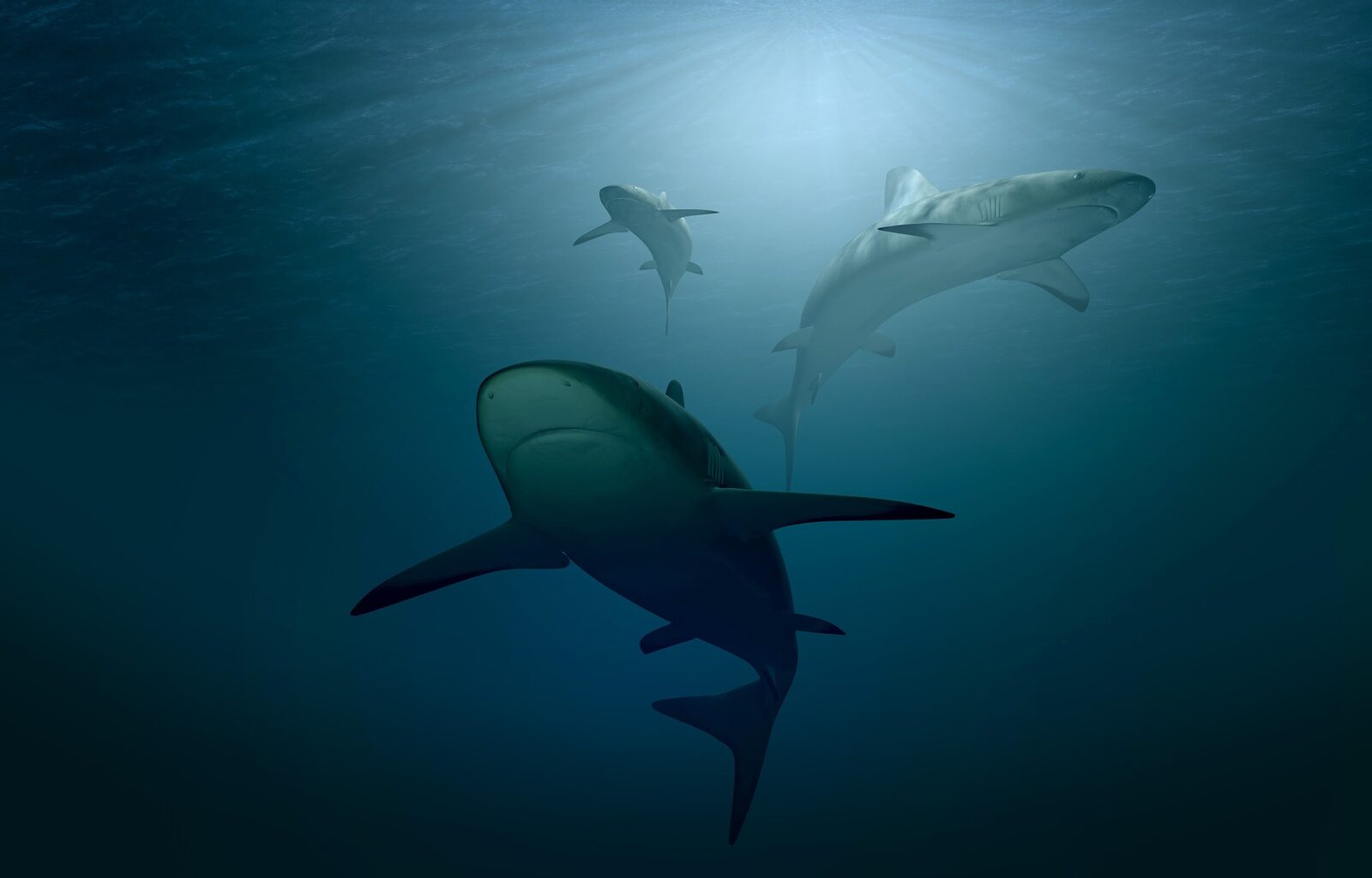Long ago, when there was no trace of a human being on Earth, a huge asteroid hit our planet with a devastating force. It left behind a giant crater of roughly 25,450 km² that scientists can explore even today while going underneath the Yucatan Peninsula from Mexico.
The devastating space rock is known as the Chicxulub impactor, and it visited our planet about 66 million years ago. The impact itself and the aftermath including the blocking of sunlight for hundreds of years meant one thing: it was game over for the age of the dinosaurs. Other creatures also became extinct, but according to a new research that StudyFinds speaks about, sharks were a lot luckier.
Sharks survived the Chicxulub impact
Scientists from Uppsala University are those claiming that mass extinction caused by Chicxulub wasn’t so dramatic for sharks as in the case of most of the other vertebrates. An analysis of teeth from ancient sharks shed some light. Most precisely, the research team had been analyzing 1,239 teeth belonging to 9 species.

However, the new discovery isn’t as susprising as it sounds, as one of the statements of the authors suggests, as quoted by StudyFinds.org:
Sharks are iconic marine predators that have survived multiple mass extinctions over geologic time. Their prolific fossil record is represented mainly by isolated shed teeth.
Another official statement says, as also quoted by StudyFinds.org:
Ultimately, our study reveals a complicated morphological response to the end-Cretaceous mass extinction. Shark diversity was unaffected when the dinosaurs were wiped out. It highlights an event that influenced the evolution of modern sharks.
Although sharks don’t have any bones, they possess special electroceptor organs.
The new study was published in PLOS Biology.












Leave a Reply